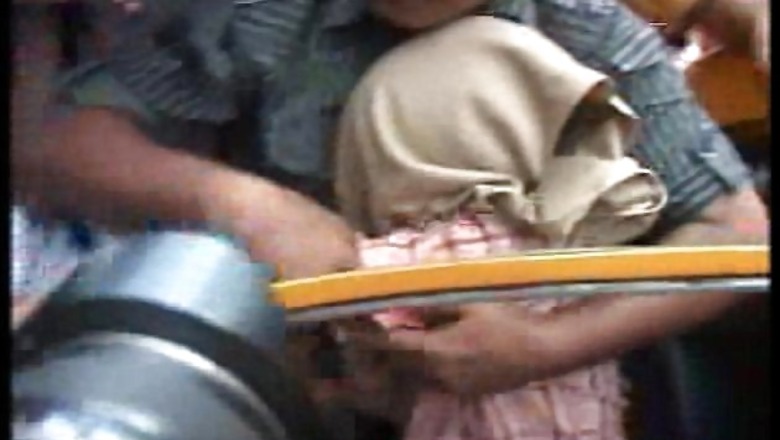
views
New Delhi: The Supreme Court has decided to examine the definition of juvenile in the Juvenile Justice Act. The apex court has set for hearing on April 3 a public interest litigation asking that the judiciary be given powers to determine whether an accused is a juvenile or not.
The PIL says the judiciary should have the powers to decide whether the accused should face charges under the Juvenile Justice Act, depending on the gravity of the crime committed. The PIL has been filed after the Juvenile Board last week pronounced the sixth offender in the Delhi gangrape-murder case a juvenile.
Attorney General GE Vahanvati was asked by the apex court to assist on the issue raised in a petition which seeks to strike down the definition of juvenile from the Juvenile Justice (Care and Protection of Children) Act. A bench comprising justices K S Radhakrishnan and Dipak Misra decided to hear the matter from April 3, and asked the Attorney General to file counter affidavits and relevant reports relating to the issue.
The petition, filed by two advocates--Kamal Kumar Pandey and Sukumar - contended that sections 2(k), 10 and 17 of the JJ Act which deals with the issue were irrational and ultra-vires of the Constitution. The counsel, appearing for the petitioners, submitted that the constitutional validity of the definition of juvenile in the Act is in conflict with the law.
The counsel said that the definition of juvenile under section 82 and 83 of the IPC is a much better classification. Section 82 provides that nothing is an offence which is done by a child under seven years of age. Section 83 says nothing is an offence which is done by a child above seven years of age and under twelve and who has not attained the maturity to understand or judge the nature and consequences of his conduct.
"We have to examine the matter," the bench said, adding that "the matter is relating to fixation of age". "It is a question of law," it said. The Attorney General, who was asked to assist the court, said the Justice JS Verma committee report has gone into all the issues and the Centre was going to assist the court.
Vahanvati said that the state governments can also be asked to assist the court and there are NGOs which are also active on the issue. The bench, however, said, "The states have no role and we are not going to hear the NGOs."
(With additional information from PTI)










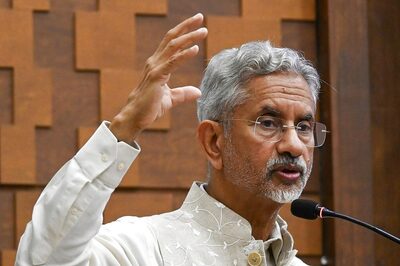

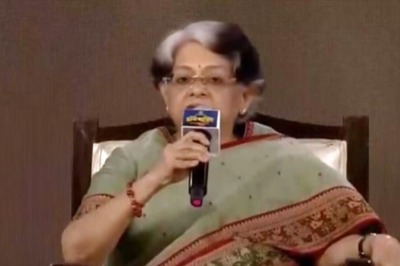

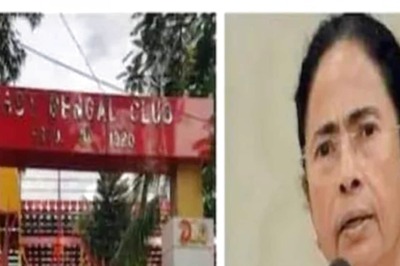
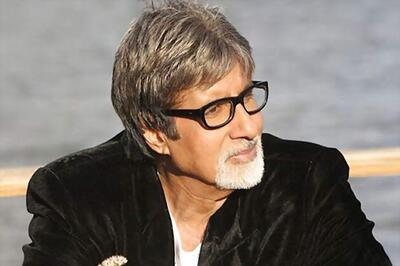

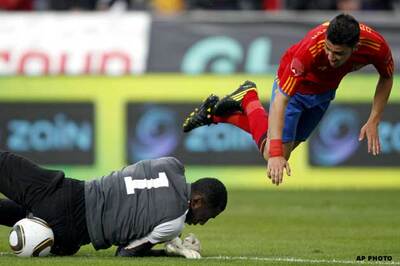
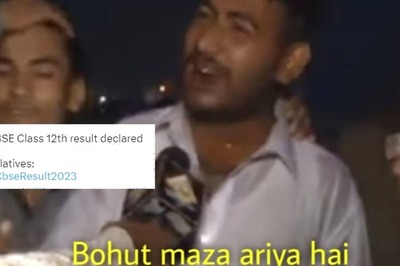
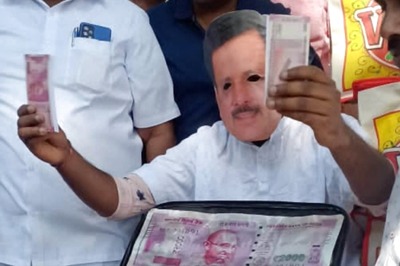
Comments
0 comment